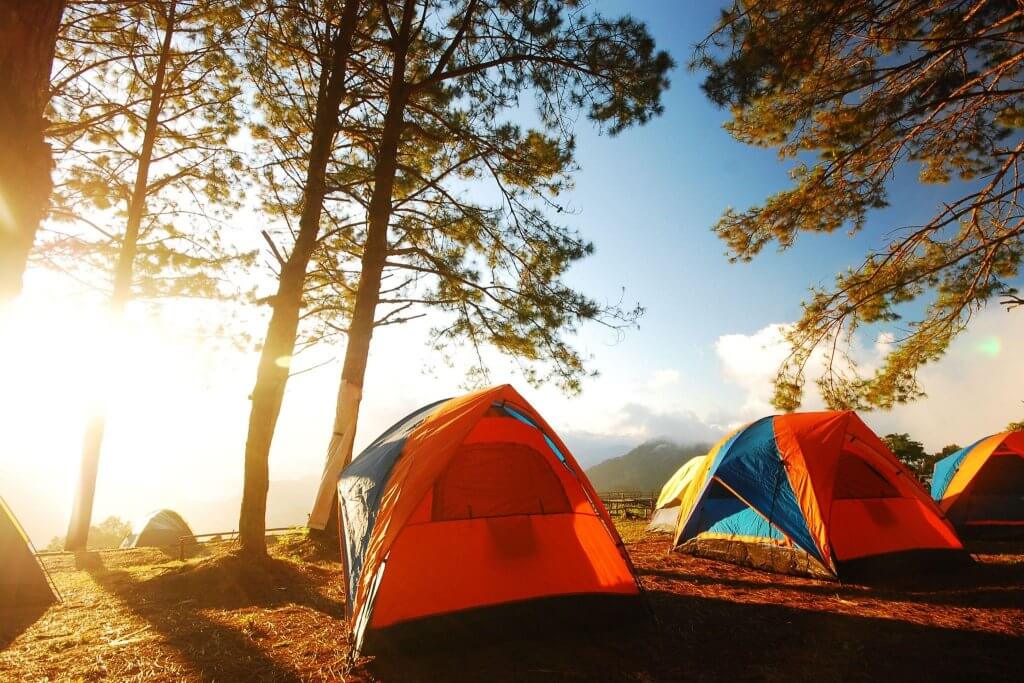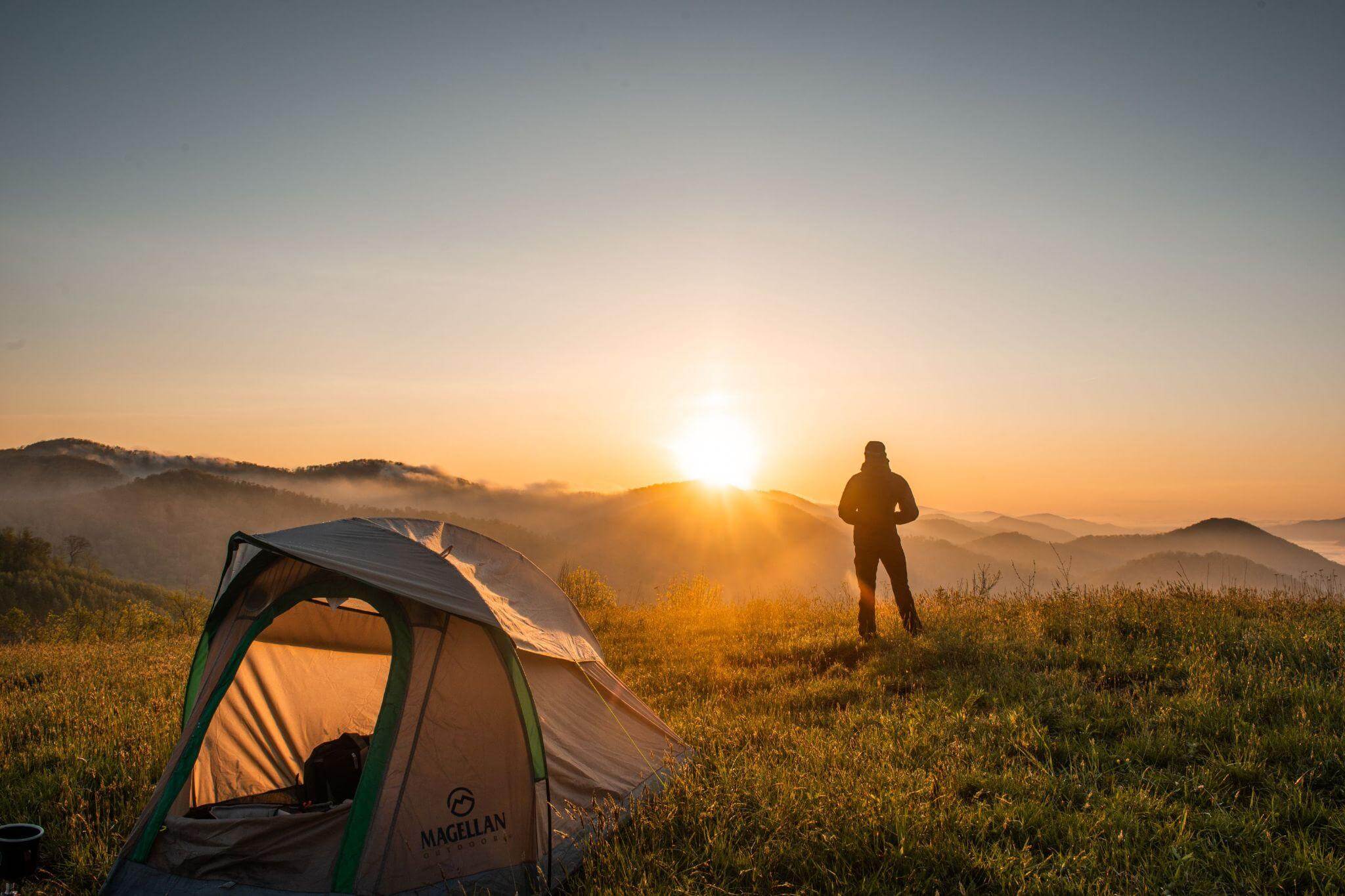Spain is a sought-after destination for camping enthusiasts thanks to its stunning landscapes and inviting climate.
Before pitching the tent and going about Spanish life, it’s crucial to understand the intricate web of laws and regulations governing camping activities in La Piel de Toro. Similar to renting a property, many rules and regulations must be understood before making a decision. For example, when listing an apartment for rent through these websites with apartments in Spain, you must understand and agree to the rules set by the local authorities as a landlord. So, it’s worth keeping in mind that wild camping is no different in this respect and should be treated with the same care and attention.
This blog post will delve into the legalities surrounding wild camping in Spain and present alternative options for those seeking responsible and sustainable outdoor experiences.
The Legality of Wild Camping in Spain
First, it is typically not legal to wild camp in Spain, and the Spanish government has implemented stringent regulations to control outdoor activities, including camping.
In addition, it is possible to incur substantial fines for violating these regulations, ranging from €30 to €3,000, subject to the specific circumstances. The consequences of illegal camping underscore the need for campers to familiarize themselves with the rules before embarking on their outdoor adventure.
In 2008, Instruction/Directive 08/V-74 DGT was approved by the Ministry of the Interior, which further demonstrates the need to understand Spanish wild camping laws. With approximately 805 campsites across Spain, don’t get caught out, and be sure to read up on the law for each area of travel.
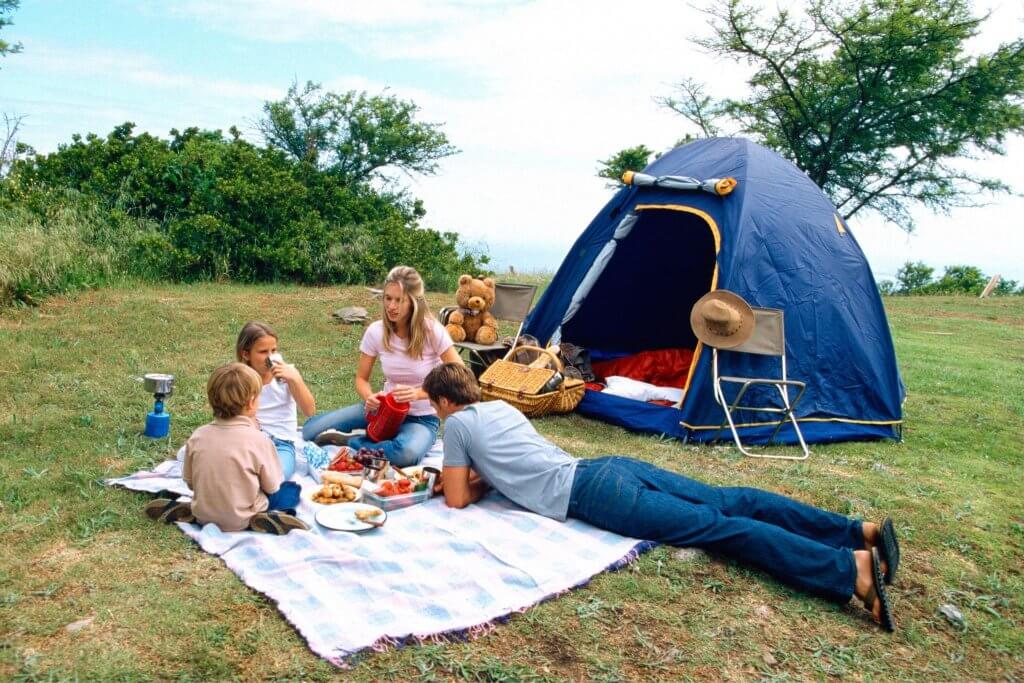
Navigating Wild Camping Rules and Regulations
There are specific rules for wild camping in Spain that vary across regions. So, it is advisable to consult local authorities or park rangers to obtain detailed guidelines for the specific area for exploration.
However, it’s worth also noting that general rules include camping only in non-privately owned regions that are not protected or classified as natural areas. Campers must maintain a distance of at least 100 meters from water sources, avoid camping in areas with no-camping signs, and avoid lighting fires unless in designated areas or emergencies.
Other crucial guidelines encompass responsibly managing waste, refraining from environmental damage, minimizing noise levels in group camping situations, and limiting stays to a single night at a given spot.
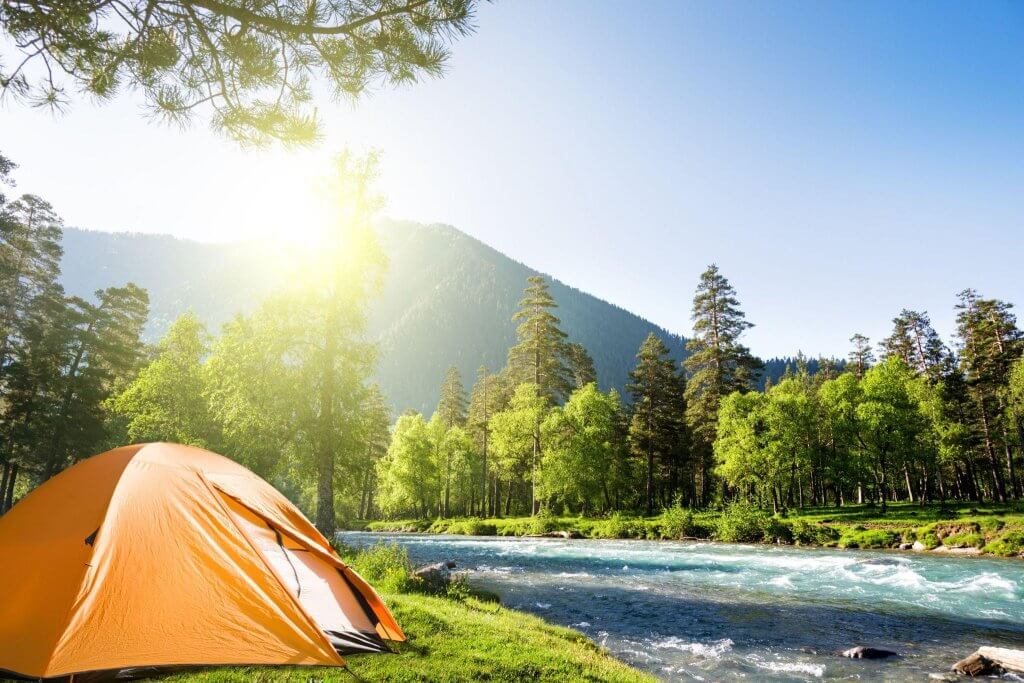
Wild Camping in a Motorhome
If you’re contemplating wild camping in Spain in a campervan or motorhome, it’s essential to note that the same rules apply to traditional camping. The government’s stance is clear: wild camping is allowed anywhere other than designated camping areas, regardless of the shelter type. However, local authorities, such as the council in Benidorm, for example, may permit overnight parking in designated areas like rest stops, motorway service stations, or motorhome parking zones.
With that said, understanding the distinction between parking and camping is crucial. A campervan or motorhome is considered parked if all wheels are on the ground without stabilizer legs and no elements extend beyond the vehicle’s perimeter.
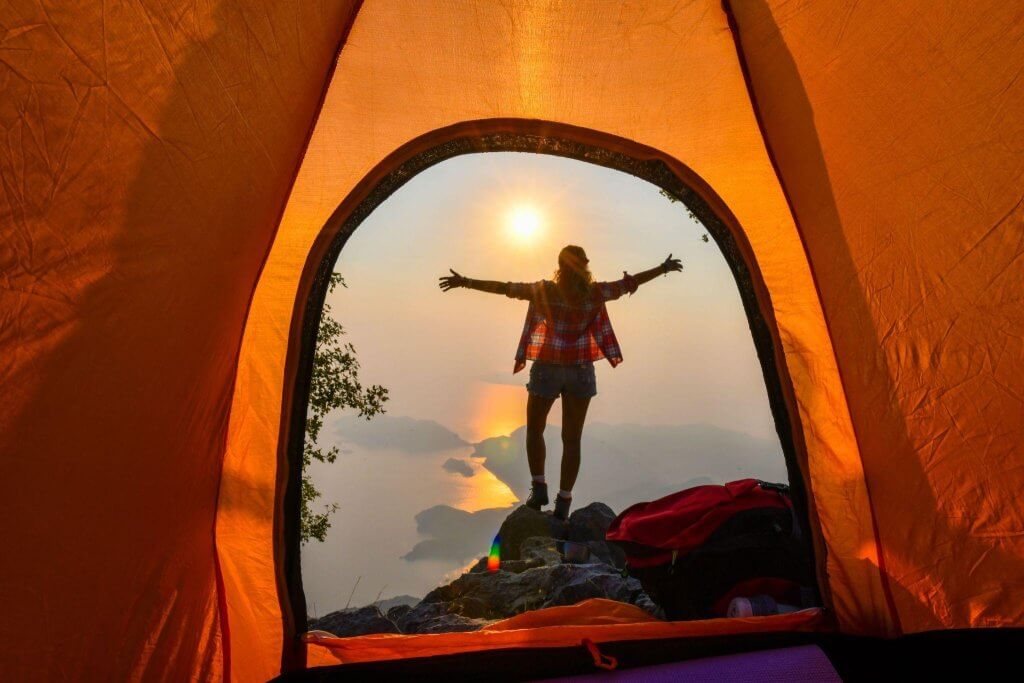
There Are Many Alternatives to Wild Camping
Even though wild camping may not be permitted everywhere, Spain offers several alternatives for outdoor enthusiasts. These include:
Designated Campsites
Spain boasts a well-developed network of campsites with stunning views and top-notch facilities. Opting for a designated campsite ensures a legal, safe, and comfortable camping experience.
One popular Spanish camping site is the Parque Ardales, located near El Chorro, with Malaga being the nearest big city to the campsite.
Parking Areas for Campervans
Some towns and cities provide designated parking areas for campervans and motorhomes, often equipped with basic facilities and may be free or paid. It is generally believed to cost anything between €3 to €20 per night if paid. However, it’s worth checking the area of travel for specific prices.
These camper areas are usually signposted as ‘Aparcament Autocaravanes’ or something similar. In addition, these areas serve as legal and secure overnight parking spots.
Huts and Refuges
Hikers exploring the mountains can consider staying in refuges or mountain huts, with there believed to be around 90 huts across the country. While these types of accommodation typically offer the bare necessities, these shelters provide a unique experience in the wilderness. Plus, most importantly, it is legal.
One such location is the Refugio de Coll Baix, a celebrity favorite. This refuge provides a unique sand and sea experience, with the Es Coll Baix beach being a walkable highlight.
Use Apps and Online Services
There are plenty of private parking spots or driveways in Spain allowing motorhomes to park overnight. Compared to traditional campsites, this option is more cost-effective and enables camping in residential areas.
Online platforms like Rentola can help find private parking spots or driveways, allowing motorhomes to park overnight. There are approximately just over 17,500 properties listed across the country on Rentola, which can provide great leads for legal parking spaces.
If you are planning to stay in Spain for a longer period of time or explore the cities, renting an apartment may be the best option for you. Rentola has a wealth of regularly updated apartment listings throughout Spain, giving you a wide choice to choose from. This aggregator will help you to find the ideal location and ensure that you are notified as soon as a suitable apartment becomes available in their listings. The average rental prices for apartments in Spain start from 100 EUR per month, making it a cost-effective and comfortable choice for an extended stay. If you find yourself in need of a break during your camping trip in Spain, the option of renting an apartment proves to be a highly affordable and convenient alternative.
Camping Rules in Spain Summarized
Wild camping in Spain holds the potential for an incredible outdoor experience, but it comes with legal complexities. Understanding the rules specific to the chosen region, obtaining necessary permits, and respecting the environment are prerequisites for a positive camping venture.
Whether opting for wild camping or alternative accommodations, Spain’s natural beauty awaits exploration, provided campers prioritize legal compliance and sustainable practices.
